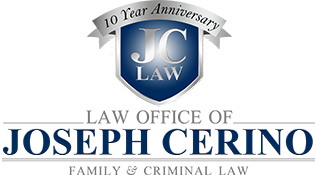In order to protect yourself and your rights, one should be cautious after getting arrested to prevent negative effects on the outcome of the case. The foremost and best thing to do is to have a qualified criminal defense lawyer, who can inform you of your rights, defenses, and fully represent you in court. Here is a list of six things you should remember to do after getting arrested, and six things you should not do after getting arrested to help yourself and your attorney make the legal process less difficult.
Things to do:
- Remain silent – you do not have to answer any questions the police ask you and anything you say can be used against you in court
- Be polite and respectful towards the police officer(s)
- Remain calm
- Try to remember the badge numbers of any officers you are involved with, as well as their patrol car number(s)
- Make sure that your attorney is present for any questioning
- If you are injured, be sure to take photographs of the injuries as soon as possible and get medical attention
Things not to do:
- Do not say anything about the incident to the police.
- Do not mouth off to the police or do anything to upset them.
- Do not attempt to run from the police-you will likely be caught and it will not look good in court.
- Do not say anything about the incident to anyone besides your lawyer (this includes cellmates if you are in jail).
- Do not give the police permission to search anything.
- Do not resist arrest, even if you are innocent, resisting arrest can lead to increased charges. In particular, do not touch the officers in any way.
Altogether, it is important that the very first thing one does is ask for a lawyer. The Fifth Amendment to the United States Constitution gives individuals the right to an attorney after arrest. Agreeing to talk to law enforcement without a lawyer can lead to negative results, though agreeing to talk to police without a lawyer present will not change how a law enforcement treats an individual. A common fear is that asking for a lawyer can make you appear guilty. This is false; asserting your Fifth Amendment Right cannot be used by a prosecutor to make a jury draw an inference of guilt.
When requesting a lawyer, make it very clear to law enforcement, otherwise they may be able to get away with continuing questioning. Once you have asserted your Fifth Amendment Right, you should not be questioned again by law enforcement without your lawyer’s consent, which saves you from a multitude of future legal problems.
Want to read more? Visit HG.org or Legal Match.

